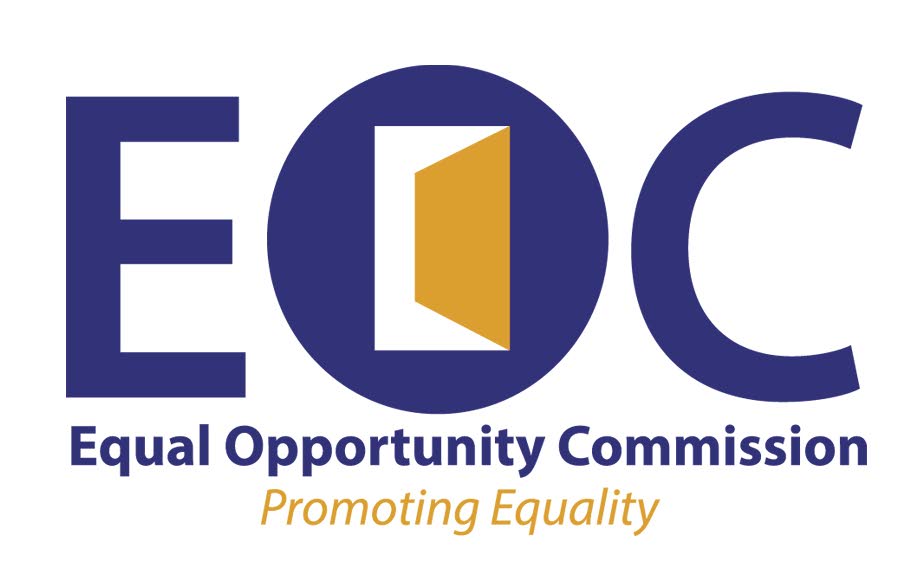Towards inclusive job recruitment

LAST Wednesday, the Equal Opportunity Commission (EOC) presented on “Employment Discrimination” at the Trade and Investment Convention webinar series. One theme that popped up regularly in the question-and-answer segment was that of discrimination while applying for a job.
Under section 8 of the Equal Opportunity Act, discrimination during the recruitment stage is prohibited.
Whether you are an employer or human resource professional responsible for hiring or a jobseeker, it is important to be aware of your rights and responsibilities during the recruitment process.
The pressure is now on employers to continuously evaluate their hiring and retainment practices. According to a 2020 Glassdoor survey, 76 per cent of jobseekers and employees polled said a diverse workforce was an important factor for them when evaluating job opportunities and companies.
Promoting inclusivity at the workplace by actively hiring and retaining a diverse set of individuals is a good practice. In addition to being socially responsible, diverse companies attract topnotch talent, bring better ideas to the table and increase overall company productivity.
In other words, employees with various backgrounds are good for business: both for a positive work culture and profit margin.
Further, according to Built In, which is an online community for startups and tech companies, “Boston Consulting Group surveyed 1,700 companies and found that companies with above-average total diversity had 19 per cent higher innovation revenues on average.”
Most companies have a specific recruitment process in place to avoid discrimination. However, data collected at the EOC shows that within the last five years, most complaints were lodged under the category of employment. Even though not all complaints are based on the recruitment process, it shows that despite best efforts, some companies may be practising biased or discriminatory procedures.
It all starts with the recruitment process.
Vacancy advertisement
Inclusivity should start as early as the advertisement stage.
Advertisements should be as neutral as possible and focus on the requirements of the job. For instance, indicating “male security officers wanted” is discrimination based on the status grounds of sex. Another example is saying “workers from San Fernando only.” This is discrimination based on the status grounds of origin, which includes geographical origin.
Processing applications
The employer should engage in a selection process through short-listing applicants, using selection criteria that is fair and nondiscriminatory. Any pre-employment tests should assess the candidate’s ability to perform the requirements of the job and not their status or disability unrelated to the adequate performance of the job.
Interview stage
All prospective candidates should be assessed against the same criteria. However, some applicants might require reasonable adjustments in order to give them an equal chance to complete the interview. Employers should also provide these reasonable adjustments.
Generally, employers should refrain from requesting information regarding the candidate’s personal background including their residential location, sex, marital status or plans for pregnancy, race, ethnicity, religion and disability.
However, there are some exceptions to the rule. The employer must be able to demonstrate that the job requirements fall within one of the exceptions identified under section 11 of the Equal Opportunity Act. For example, if a person was applying for a role at a warehouse that required heavy lifting, it would be reasonable for the employer to ask about any physical disability that might impact the applicant’s ability to perform that task.
Information about the Equal Opportunity Act
The act addresses discrimination in four broad categories: employment, education, provision of goods and services, and provision of accommodation. Complaints of discrimination must be based on the status grounds of sex, race, ethnicity, religion, marital status, geographical origin and disability.
The commission continues to facilitate public education sessions with public and private-sector organisations to curb discrimination in the workplace and promote inclusivity.
Lodge a complaint at the EOC’s website, www.equalopportunity.gov.tt or send an e-mail to complaints@eoc.gov.tt if you have been discriminated against


Comments
"Towards inclusive job recruitment"